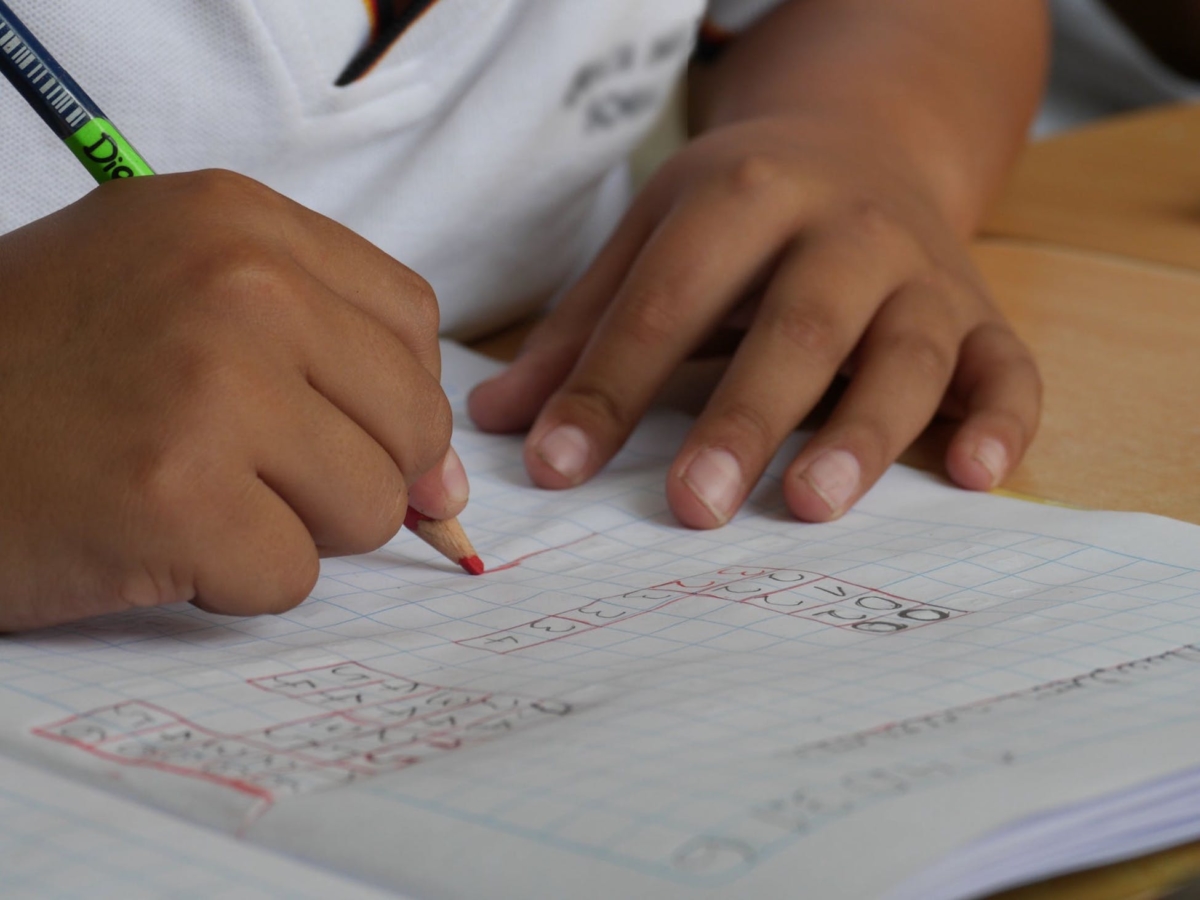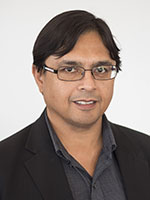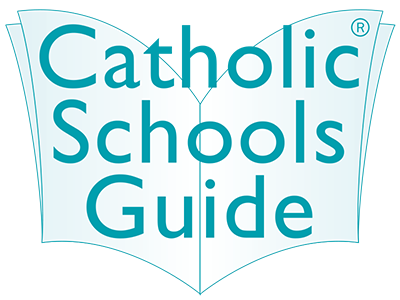News and Media

Parents & Children – Educating for the Future by Karl Rodrigues
Formed in late 2013, Catholic School Parents Australia (CSPA) is recognised as the national body representing and advocating for the parents of over 766,000 children and young people who attend the 1737 Catholic schools across Australia. Driven by their core values of Integrity, Respect, Faith and Inclusivity, CSPA supports and celebrates the holistic education (cognitive, social, physical, ethical and spiritual) offered to students in Catholic schools.
As advocates for families with children and young people in Australian Catholic schools, CSPA emphasises that in educating for the future, it is vital that parents be engaged with their children’s learning from birth through to their transition from school… and beyond. The Australian Curriculum outlines general capabilities which encompass knowledge, skills, behaviours and dispositions that will help students to live and work successfully in the 21st century – these seven general capabilities are: Literacy; Numeracy; Information and Communication Technology (ICT) Capability; Critical and Creative Thinking; Personal and Social Capability; Ethical Understanding; and Intercultural Understanding. It is expected that these general capabilities will be incorporated wherever possible into the content areas that your child is studying at school.
The OECD Learning Framework (OECD LF) 2030 titled The Future We Want outlines the knowledge, skills, attitudes and values which underpin the competencies students will require in over a decade from now. Importantly, the OECD LF outlines how ‘educators must not only recognise learners’ individuality, but also acknowledge the wider set of relationships – with their teachers, peers, families and communities – that influence their learning’ (OECD, 2018, p. 4).
Much research over the past fifty years has outlined the vital role of parents in their children’s learning (e.g. research by Epstein; Harris; Mapp; Pushor; Saltmarsh; and Emerson, Fear, Fox and Sanders). Well supported findings show how parents engaging in their child’s learning leads to children achieving higher grades, developing better social skills, improving behaviour and achieving better transitioning post-secondary.
In this parent engagement space, CSPA has been active in exploring parent engagement practices in schools across all school sectors nationwide. Working in partnership with the University of Southern Queensland (USQ) and ARACY, CSPA has used funding from the Australian Government’s Department of Education and Training (DET) to survey and interview principals and parents about parent engagement. A key outcome of this research has been the generation of toolkits, to be launched in early 2019, outlining for principals, teachers and parents/carers, contemporary parent engagement strategies to enhance student learning and well-being.
Parents/carers engaging with their children in their education is paramount in their early years, and there is much evidence from Longitudinal Surveys of Australian Youth to support the reality that, outside their academic achievement at age 15, the most important factor affecting a child’s Year 12 completion and later occupational status at age 30 is the influence of their parents. Parents do have the opportunity to make a real difference in their child’s future by engaging with them across the whole of their learning journey and it is vital that schools play a proactively supportive role in nurturing this engagement.

Karl, the second chair of CSPA, is the Executive Director for International and National Engagement for the Australian Space Agency where he negotiates frameworks for joint space programs and missions with International Space Agencies as well as engaging with Australian industry, start- ups, domestic agencies, research institutions and all state and territory governments to help grow the Australian space sector. He was Acting Director and Deputy Director for CSIRO Energy responsible for the Business Unit strategy, science investment and operations. He delivered science impact, leadership and direction to the Business Unit including the creation of the Hydrogen Future Science Platform to create a new energy security and export opportunity for Australia.
Karl has over 25 years of experience in innovation, venture investment, research, development and commercialisation of technology. He is passionate about innovation and start-ups and is an Adjunct Lecturer in Entrepreneurial Finance and Financing Innovation in the MBA programs for the Macquarie Graduate School of Management (MGSM) and the Sydney Business School (Sydney University).
Karl and his family are active in their local parish and all five children have attended Catholic schools with the two youngest still at school.

